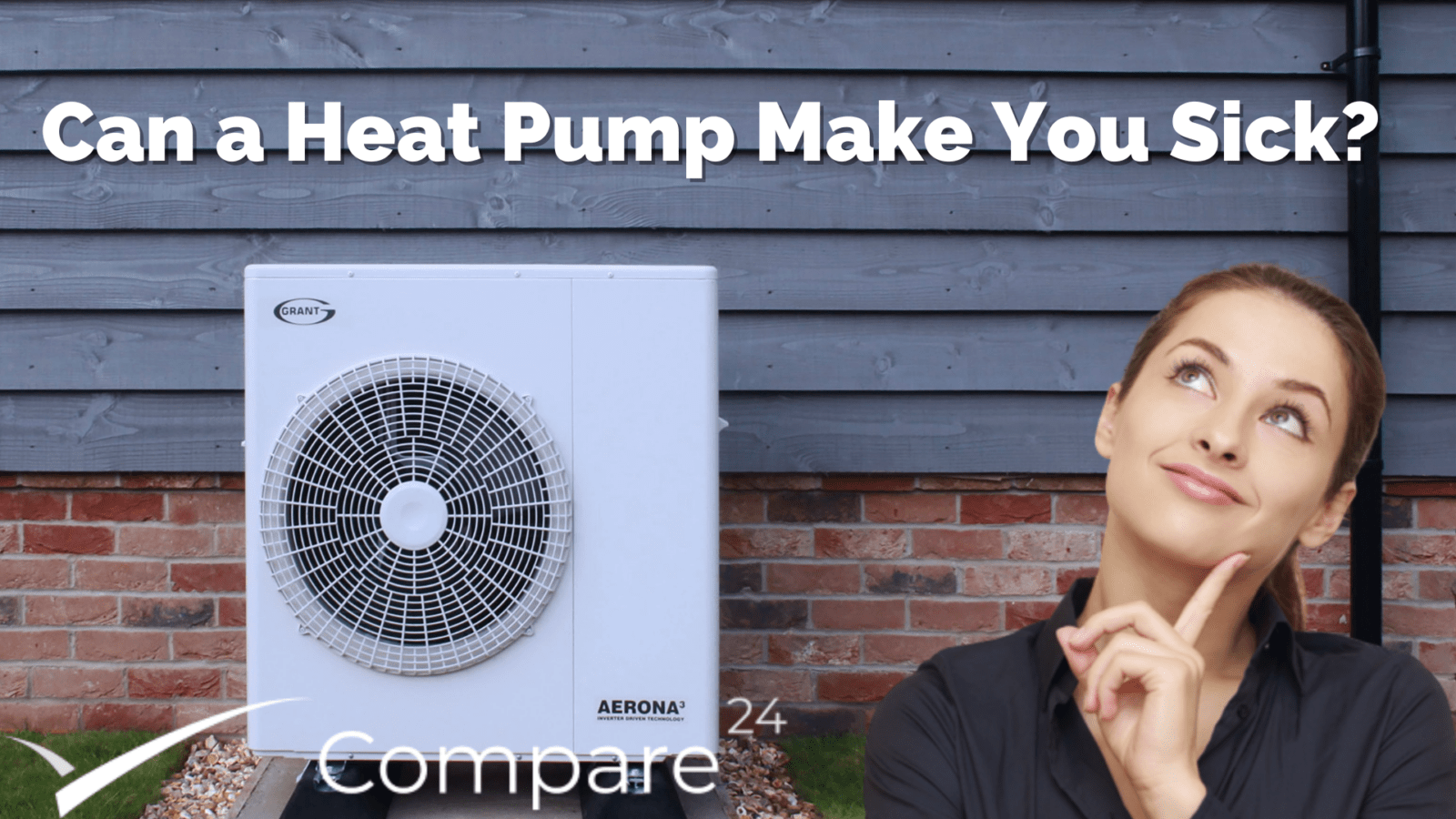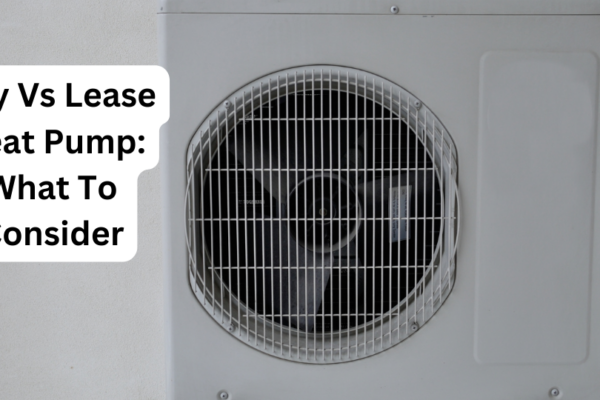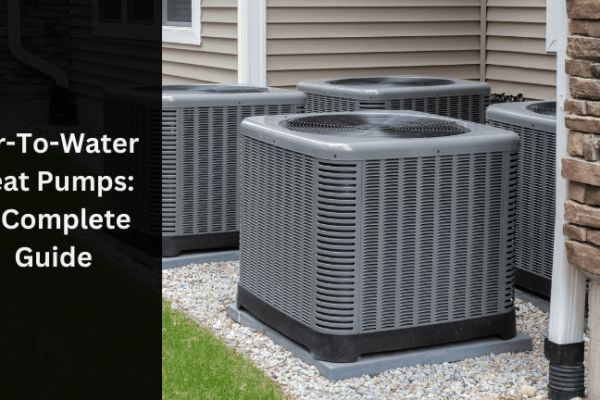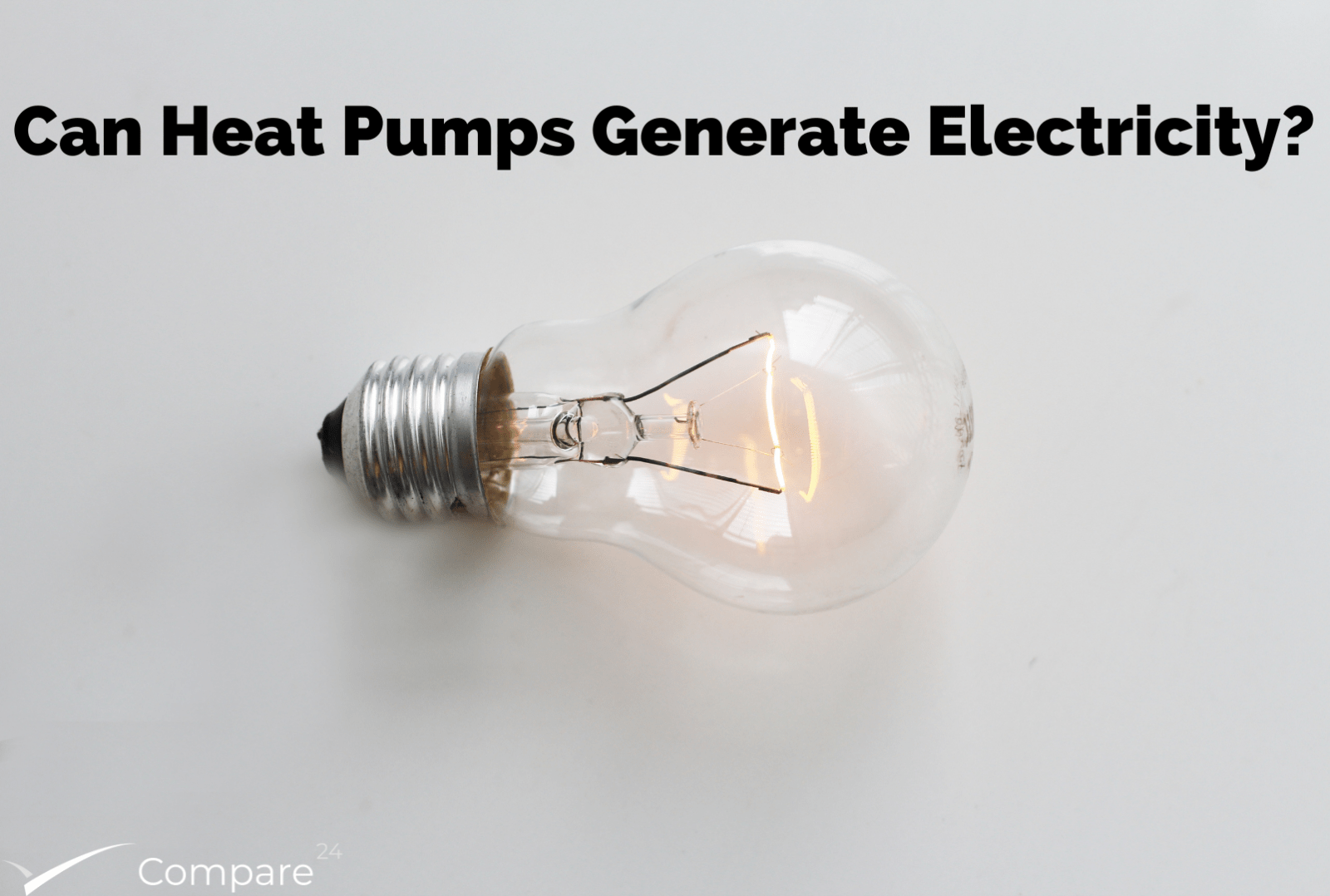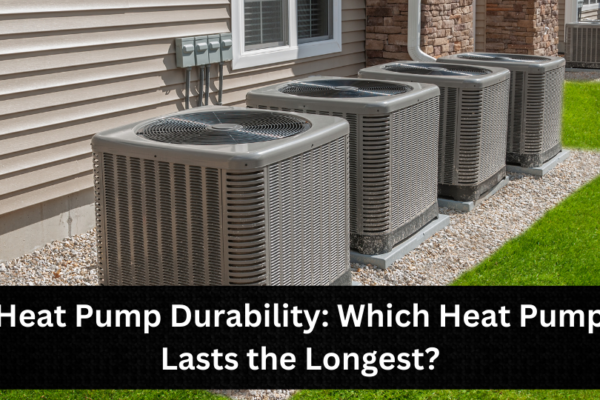If you are thinking of updating your heating system and installing a heat pump in your home, you may be wondering what the possible risks are associated with it. Can a heat pump make people sick? Can they make you cough? What sort of risks are associated with them, and how can you prevent them?
In this guide, we’ll go through all the possible risks associated with heat pumps, and the steps you need to take to prevent them.
Are heat pumps dangerous?
Heat pumps are one of the safest heating systems you can ever have in your home. When compared with other alternatives such as furnaces, and fireplaces, they are by far the safest. However, there are still some risks associated with it.
Heat pumps are essentially an HVAC heating system which by its very definition requires air circulation, therefore there are some risks that should be considered.
There are two types of risks associated with heat pumps, one of them is when they are poorly installed, and the other has to do with how they are operated.
Heat Pump Installation Risks
If you are just getting your heat pump system installed, you need to make sure you hire the best company for the job. The importance of this cannot be overstated, because if the installation is not done properly the heat pump might be damaged.
Additionally, there are also other risks associated with the electrical system that the heat pump requires. When the installation is not carefully done, it can lead to future problems, such as the system breaking, and in some rare instances, it can lead to short-circuiting fires.
Lastly, the risk of polluting the area where the heat pump is installed is also something to consider. Additionally, there are some hybrid gas heat pumps that require additional attention, when installation due to being a riskier type of heat pump.
Other Heat Pump Risks
As we explained earlier, the fact that heat pumps are an HVAC system, and depend on air circulation to heat and cool your home, there are some risks. Firstly, if anyone in your family has specific allergies, that is a possible risk. For example, if you are allergic to dust or pollen, the system might not be able to filter it and it can inadvertently get into your home.
There are also other risks associated with the temperature settings that you set on your heat pump, which may cause flu or a sore throat.
Heat Pump Lack of Maintenace Risks
The best way to prevent any of the risks associated with heat pumps is to conduct yearly maintenance with a specialized company, that will make sure that your system is working correctly, and prevent any problems that might occur.
Moreover, a heat pump system requires an air filter to prevent certain things from getting inside your home. This is why it is crucial to replace the air filter regularly, in order to prevent most of the risks associated with general HVAC systems.
Can a heat pump make you cough?
When heat pumps are not well maintained and the air filter is not replaced frequently it can lead make you cough. One of the only risks associated with heat pumps is that they can easily spread dust or other elements in your home.
If you are allergic to dust, for example, the system might spread it and it can cause you or one of your family members to cough. This is why it is crucial to replace the air filter frequently and hire a professional to do it for you.
Are heat pumps safer than fireplaces?
Heat pumps are far safer than fireplaces, and in fact, fireplaces are one of the most dangerous ways of heating your home. Risks include a possible fire, smoke inhalation, and even other risks such as an explosion if you have a gas-powered fireplace.
As new heat pump technology and innovations are developed, these systems are getting increasingly safer, while some of the alternatives like traditional wood-burning fireplaces will not become safer.
Are heat pumps safer than furnaces?
Yes, heat pumps are safer than furnaces, and all other combustion heating systems, for the simple fact that they just need electricity to operate. Combustion heating systems such as furnaces and fireplaces are much more prone to fires, and other hazards such as smoke inhalation.
Additionally, combustion heating systems such as furnaces produce carbon monoxide that can leave you or your family members sick, and in some rare instances can cause death.
Heat Pumps and Toxic Gases
Since heat pumps do not need any combustion, they do not release any toxic gases. Making them a safer and more environmentally friendly alternative to traditional combustion-based heating systems.
Do you need a carbon monoxide detector with a heat pump system?
Since a heat pump does not require any combustion, it does not release any carbon monoxide. Therefore you will not need a carbon monoxide detector if you install a heat pump system.
While traditional heating systems such as fireplaces and furnaces release carbon monoxide and you need to install a CO detector, a heat pump is a much safer option and you do not need a CO alarm or detector.
Are heat pumps healthy?
Yes, heat pumps are by far the safest heating system available on the market today. While they are not entirely safe and do have some risks associated with them when compared with the alternatives they are by far the safest option.
If you care about your family’s safety, health, and well-being a heat pump is a worthy investment to prevent any risks, while also increasing your energy efficiency and saving you money in the long run.
